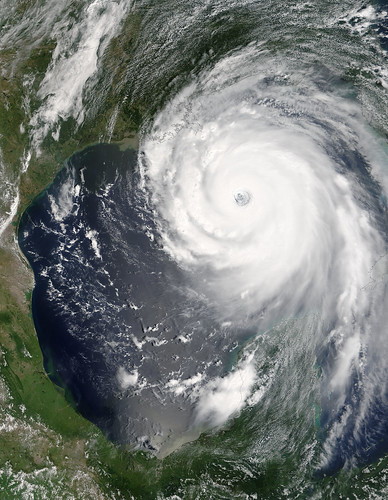
It
can happen to anyone of us. A hurricane, earthquake or wildfire that is out of
control can destroy our home within minutes. We must never say never when it
comes to the possibility of being homeless, especially when we consider the
impact that natural disasters have. Worldwide natural disasters render middle
class people near poverty and the poor, homeless.
Global Picture
More
than 100 million people are homeless worldwide; many have lost their homes due
to famine, war, failed government policies and natural disaster. In the past
two decades, 141 million people worldwide have lost their homes due to 3,559
natural disasters such as floods, windstorms and earthquakes. According to
experts, it is very difficult to get a handle on the real number of homeless
people in the world because so many are unaccounted for. Nearly 98% of all
homelessness caused by natural disasters occurs in developing countries. When a
natural disaster sweeps through a heavily populated area, especially one that
is poor to begin with millions of people are left homeless instantaneously. In
economically challenged areas, the impact of a natural disaster can remain for
generations. The Indonesian earthquake of 2004 left millions of people displaced
and cost billions of dollars for recovery and reconstruction. Over five million
homes collapsed, another 5 million suffered serious damage. Thousands were left
homeless in central Europe in the spring and summer of 2010 as this area
experienced weeks of heavy rain. A year does not pass that people all over the
world do not experience being displaced from their homes for months or even
years, awaiting recovery after a natural disaster.
The United States
Throughout
history, floods, fires, earthquakes and hurricanes have left people immediately
homeless and turned lives upside down. Over 3.5 million people in the United
States are homeless. This equates to about 1% of the population. While there
are a number of reasons why people become homeless, such as mental illness,
domestic violence and unemployment, natural disasters also cause homelessness.
Over 700,000 Americans became homeless after hurricane Katrina in 2005. While
it is common for natural disasters to cause a temporary spike in the homeless
population, this was not the case after hurricane Katrina. According to the National
Coalition for the Homeless, being a victim of a natural disaster is not
necessarily a guarantee that you will receive government help, some people
inevitably slip through the cracks. Those especially vulnerable include victims
who are not able to advocate for themselves. Rent prices skyrocketed following
the storm, and many who were already struggling to make ends meet before the
hurricane now reside in tents under the Interstate 10 overpass. When hurricane
Katrina hit, over 28 percent of people in New Orleans were already living below
poverty levels. Many of these people not only lost their homes but also their
jobs. The impact of the hurricane has had long reaching effects leaving
thousands homeless almost seven years after the disaster.
Preparing for a Natural Disaster
While
there is no telling when a disaster will strike or how many will be affected,
we can all do our best to be prepared for such an event. International, federal,
and local efforts should focus on helping those who are poor, uninsured and
have the fewest resources. Additionally, resources should be allocated to
improve infrastructure to withstand the insult of disaster. We should never say
never!
About the Author: When she is not homeschooling her children, Susan can be found writing
on a wide variety of social problems including homelessness. She recently wrote an article explaining
how social service providers can benefit from using social services software.
very good publish, i certainly love this web site, keep on it casino real money
ReplyDelete